The Culinary Institute of America Announces New Major in Culinary Science
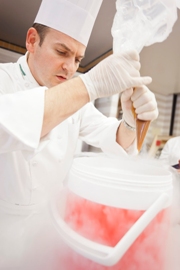 The Culinary Institute of America (CIA) is launching a new major in Culinary Science beginning in February 2013—one of a series of new academic programs in bachelor’s-degree studies at the college. The programs will advance the culinary profession and position CIA graduates for career success in the dynamically evolving foodservice industry.
The Culinary Institute of America (CIA) is launching a new major in Culinary Science beginning in February 2013—one of a series of new academic programs in bachelor’s-degree studies at the college. The programs will advance the culinary profession and position CIA graduates for career success in the dynamically evolving foodservice industry.
“This innovative program will further prepare CIA students to shape the future of cooking and the foodservice industry,” said Dr. Tim Ryan, CMC, president of the CIA. “And more specialized studies are in development. We are expanding the scope, depth, and diversity of our students’ knowledge base, so that their leadership as graduates will extend in all sectors of food and hospitality.”
The Culinary Science degree will be taught at the CIA’s Hyde Park, N.Y., campus. The curriculum will include such advanced techniques as precision temperature cooking and other advanced culinary techniques made possible through emerging technologies and scientific discovery. Students will learn directly from leaders in the culinary-science field about the scientific method and the use of modern techniques and equipment. They will discover new ingredients; experience product development, including sensory and flavor evaluations; and gain critical-thinking skills and science-based knowledge that will help them become industry innovators.

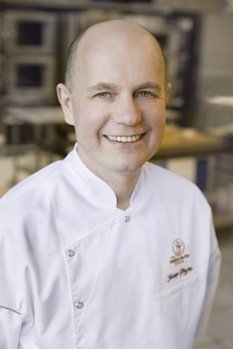 Chef Jacquy Pfeiffer, cofounder of The French Pastry School of Kennedy-King College at City Colleges of Chicago, has been named many things in his exceptional career in pastry: Pastry Chef of the Year at the 2004 World Pastry Forum; Celebrity Pastry Chef of the Year at the 2005 Jean Banchet Awards; and a Kings of Pastry in the 2009 documentary, “Kings of Pastry,” to name a few.
Chef Jacquy Pfeiffer, cofounder of The French Pastry School of Kennedy-King College at City Colleges of Chicago, has been named many things in his exceptional career in pastry: Pastry Chef of the Year at the 2004 World Pastry Forum; Celebrity Pastry Chef of the Year at the 2005 Jean Banchet Awards; and a Kings of Pastry in the 2009 documentary, “Kings of Pastry,” to name a few.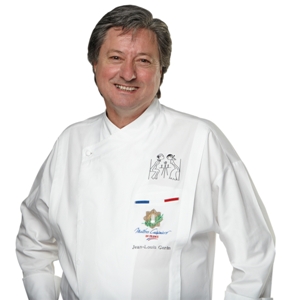 New England Culinary Institute announced Sept. 10 the hiring of celebrity chef Jean-Louis Gerin as its new campus executive chef.
New England Culinary Institute announced Sept. 10 the hiring of celebrity chef Jean-Louis Gerin as its new campus executive chef. According to the author of a new book, Demystifying Food from Farm to Fork, the benefits of organic foods are not justified by their cost.
According to the author of a new book, Demystifying Food from Farm to Fork, the benefits of organic foods are not justified by their cost.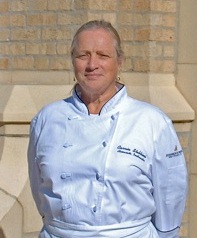 Demonstrating the importance of adding a little acidity to the final flavor of a dish is especially important when developing low-sodium recipes.
Demonstrating the importance of adding a little acidity to the final flavor of a dish is especially important when developing low-sodium recipes.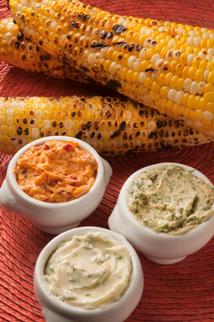 Just as Americans’ love affair with beef reignited in the 1990s, butter is coming back in a big way
Just as Americans’ love affair with beef reignited in the 1990s, butter is coming back in a big way